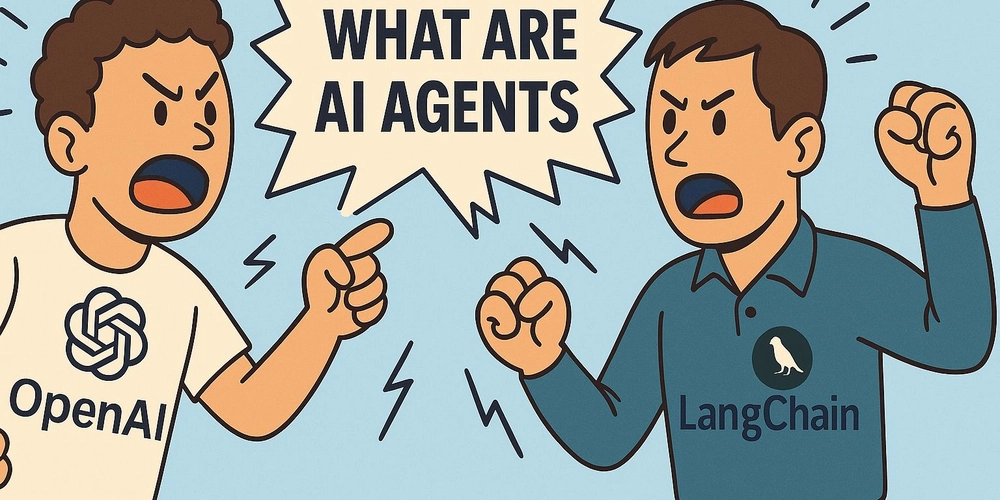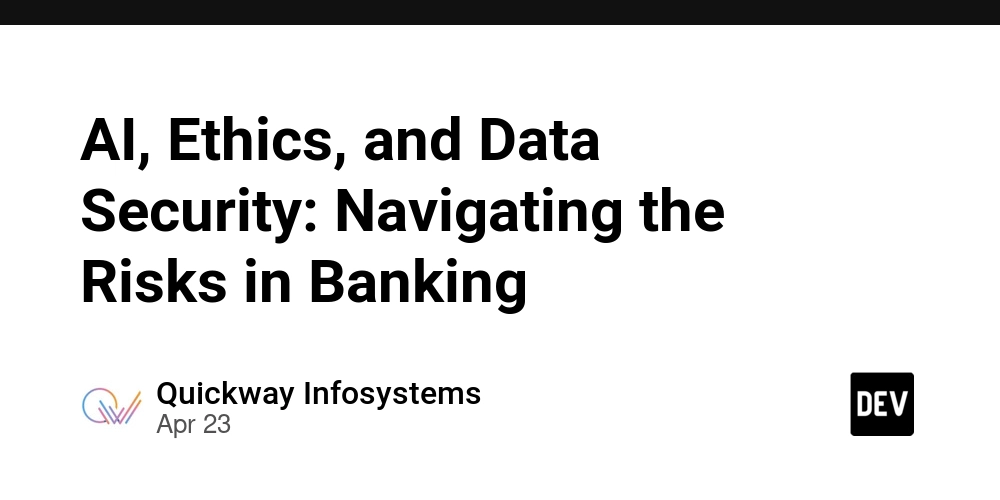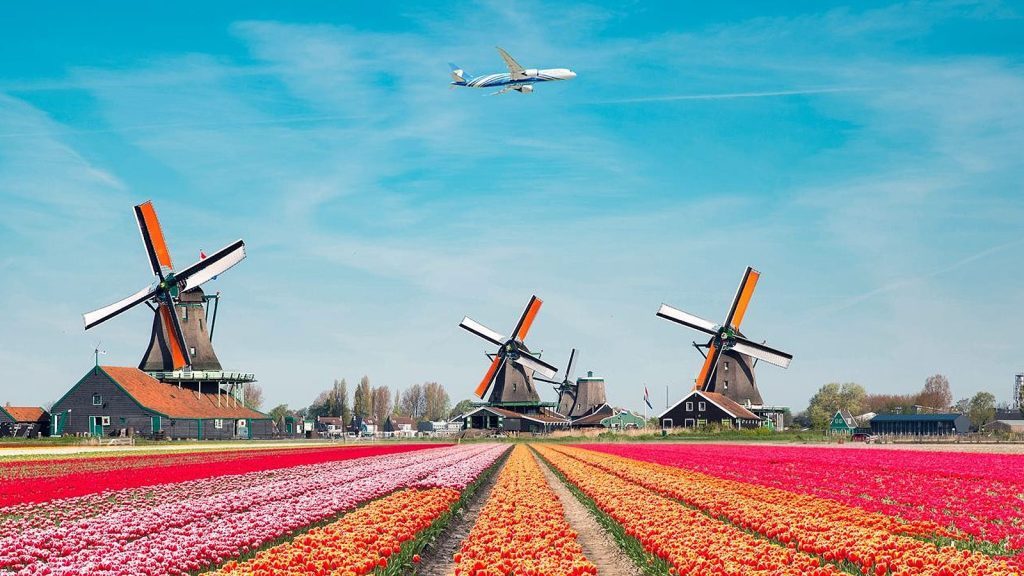‘Journey with Purpose’ – ARI unveils updated ESG strategy
ARI has announced details of the next stage in its ESG evolution with the launch of a revised 2025-30 strategy under the title ‘Journey with Purpose’.

 IRELAND. To mark World Earth Day 2025 (22 April), leading travel retailer ARI has announced details of the next stage in its ESG evolution with the launch of a revised 2025-30 strategy under the title ‘Journey with Purpose’.
IRELAND. To mark World Earth Day 2025 (22 April), leading travel retailer ARI has announced details of the next stage in its ESG evolution with the launch of a revised 2025-30 strategy under the title ‘Journey with Purpose’.
Developed in line with the UN Sustainable Development Goals, the company outlined an ambitious goal – to be the world’s most sustainable travel retailer.
ARI said this is underpinned by “a commitment to driving positive environmental and social change, always staying ahead of growing passenger expectations and delivering ‘Joy On Your Way’ across every step of the journey”.
Building on the solid foundations of its inaugural ESG strategy, launched in 2021, ARI’s ‘Journey with Purpose’ strategy is characterised by four pillars, with a new Passenger pillar joining the three original pillars of People, Planet and Product. ARI has set KPIs for the coming five years to accelerate sustainable change.
A four-pillared approach
People: This pillar focuses on creating an inclusive culture that puts people at the heart of the business, both its teams and the community. Key initiatives and targets within this pillar include:
*Continued prioritisation of training and development for ARI’s teams globally
*Accelerating EDI efforts, including halving the gender pay gap by 2030 and rolling out compulsory EDI training for all employees in 2025
*A focus on employee engagement and wellbeing
*Supporting local communities by establishing CSV programmes in all markets.
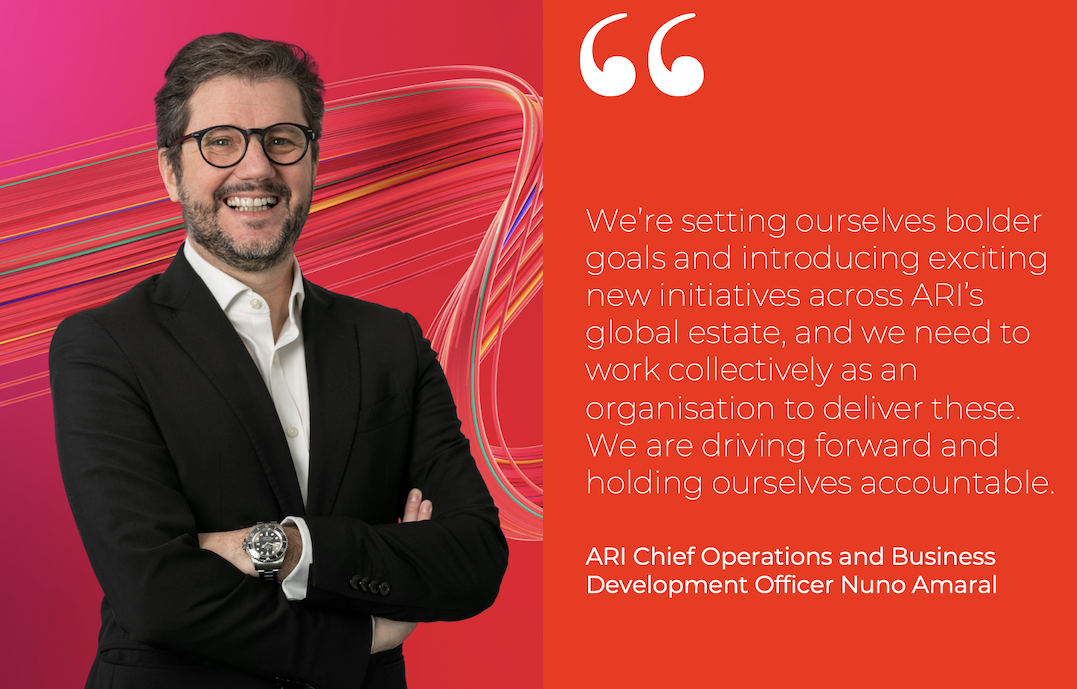
Planet: Under this pillar, ARI focuses on minimising the impact of its operations on the environment, protecting the planet for the generations to come and future-proofing its business. Key actions include:
*Improving energy efficiency and halving energy consumption by 2030. All Business Units will exclusively use more energy-efficient LED lighting by 2027
*A -50% reduction in direct emissions by 2030
*Developing and implementing new green-build guidelines for all new store fitouts, retrofits and installations
*Eliminating all unnecessary plastics by 2027. Single Use Plastic (SUP) carrier bags will be removed from at least 70% of retail operations by the end of 2025.
Product: ARI is prioritising ethical and environmentally responsible sourcing, as well as the use of more sustainable materials. Initiatives include:
*Working with brand partners to complete ARI’s ESG due diligence, ensuring sustainable sourcing, materials and traceability
*Building a “conscious edit” of products with brand partners, offering passengers a range of products that meet strict sustainability criteria across all categories.

Passenger: ARI said that “more than ever” it is focused on empowering passengers to shop more responsibly, offering sustainable choices and building trust through transparency and communication. This dedicated passenger pillar commits to:
*Spotlighting sustainable products with engaging passenger-facing initiatives and a dedicated logo for all sustainable-led communications
*Conducting annual ESG-focused customer research to best understand the changing needs of passengers, and adapt accordingly
*Introducing circular model offerings across all operations by 2026.
ARI Chief Operations and Business Development Officer Nuno Amaral, who is also Executive Sponsor of the company’s ESG programme, said: “This new strategy is about evolving what we currently have, building on the positive impact made by our original strategy launched in 2021 and ensuring that we are accelerating our efforts to deliver on a sustainable future for our business, our people, our passengers and our planet.
“The addition of the fourth Passenger pillar to the strategy underpins our dedication to meeting evolving passenger needs, and it highlights the importance of trust and communication.
“We’re setting ourselves bolder goals and introducing exciting new initiatives across ARI’s global estate, and we need to work collectively as an organisation to deliver these. We are driving forward and holding ourselves accountable.”
The new strategy development was spearheaded by Diana Geraghty, (currently on maternity leave from the business) and its roll-out will be led by Tracy Ross, Projects & Design Manager, Sustainability Guardian and LEED Green Associate at ARI Middle East (also currently ARI’s Global ESG Lead).
Ross commented: “I’m delighted to be a part of this new ESG chapter for ARI. Yet again, ARI is leading the charge in our industry, and we have the opportunity to drive meaningful change not just across ARI’s operations, but across the wider travel retail landscape.
“Teams across ARI’s global estate have been equally excited to embrace the ambitious new commitments we have outlined; our people are fundamental to the success of this programme.”
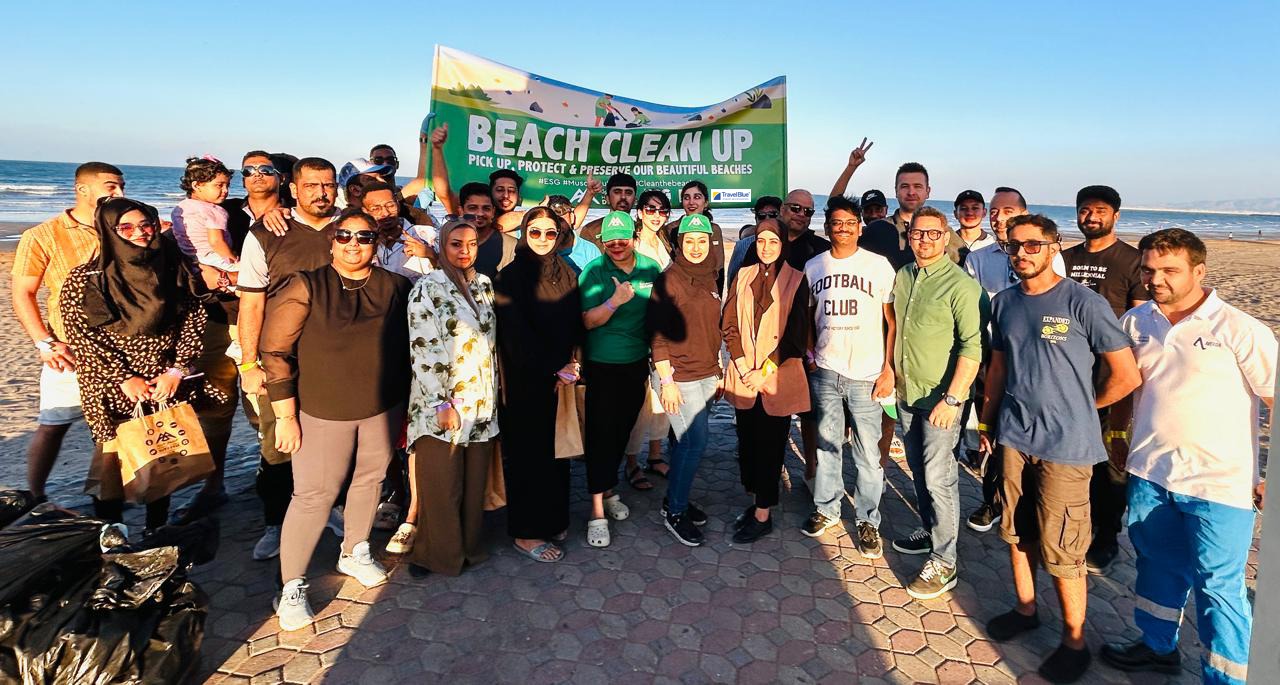
Q&A
The Moodie Davitt Report President Dermot Davitt spoke to Nuno Amaral and Tracy Ross about the newly updated ESG ambitions and targets.
Can you tell us what drove the new strategy and the key pillars underpinning it?
Nuno Amaral: We had hit our previous targets in the five-year timeline we set ourselves so it was time to move things forward. We took stock, looked at what we achieved, how the world had changed and this new strategy sets the stage for our sustainable growth.
Most importantly, we want to be recognised the most sustainable travel retailer. That means being forward looking and to assess what can and cannot be achieved. We have mandatory corporate sustainability reporting coming to us at EU level, with any claims you make needing to be backed by evidence.
In terms of the strategy, itself, it is now more focused than before. In our commitments we aim to be more impactful and more relevant.
The big call-out is the introduction of this fourth pillar, around the passenger. We want to be more active in terms of influencing shopper behaviour, focusing more on what they can do to drive this agenda forward, instead of only what we can do as a company.
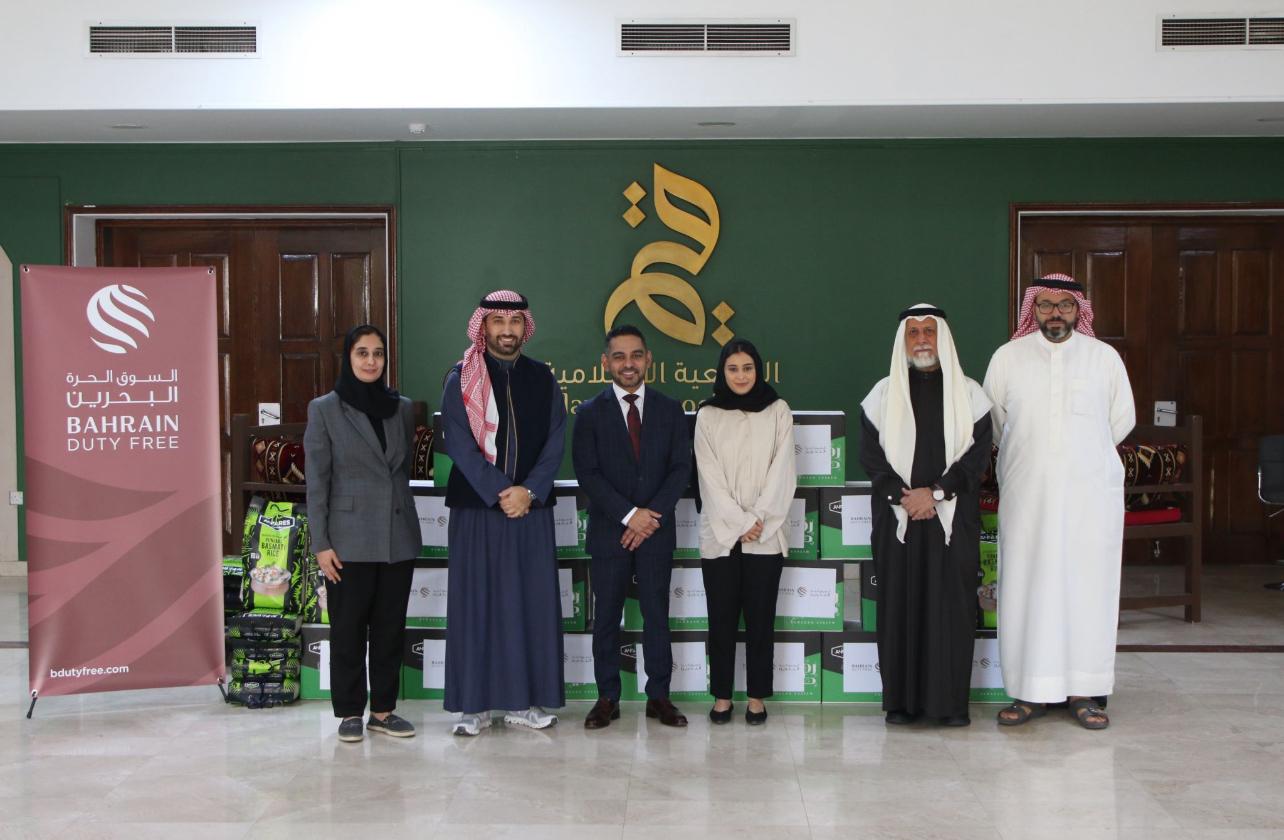
What does influencing shopper behaviour mean in concrete terms here?
Nuno Amaral: It will be a combination of elements that influence the customer experience. It will be about showcasing or spotlighting sustainable products and increasing customer awareness of the sustainable products.
It will mean gathering more accurate research and insights on sustainability, understand how people shop, and then developing and rolling out specific ESG-focused marketing campaigns, plus dedicated spots in the shops for sustainable products. Under this focus we will introduce what we call circular retail offerings in all our operations, which that is pre-loved luxury or fragrance refillables for example.
That in turns means a high level of input from suppliers.
Yes. We are doing a lot of work on this pillar with the brands. We want every category to have a sustainable range. In this area confectionery suppliers are a bit further ahead than others but there is this emerging move towards refillables in beauty.
That also speaks to how we plan the shops. There is the ongoing debate about whether to create dedicated ESG areas – as have done in Lisbon with our Eco Zone – or spread ESG products around the shop. How does the shopper think and move? Do they consciously want sustainable offers or once they find their chosen category do they then seek those ranges out?
Beyond this, our targets are set out that reflect our signing up to the UN Sustainable Development Goals, as well as to the European ‘green deal’ commitments, and this case we need to do a lot of due diligence with suppliers.
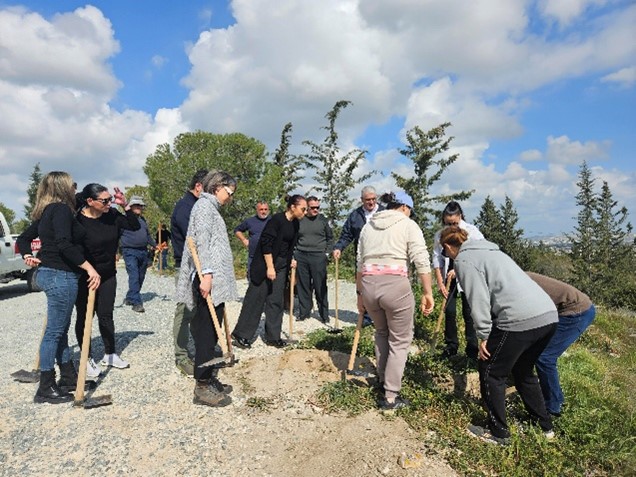
Does that also mean creating conditions of partnership for brands under which they have to meet your target goals?
Nuno Amaral: We have a supplier code of conduct, to which we want our suppliers to sign up but for various reasons, not everyone feels they can. At the least we need to ensure that their targets are aligned with ours. We can also document that.
And to be honest, all of the major suppliers have codes of conduct that are aligned, whether it’s to do with modern slavery, bribery and corruption, sourcing, ethical sourcing of products or other areas.
How aligned is your strategy with the goals that your other set of partners, namely the airports, also set under their own ESG commitments?
Tracy Ross: Future-proofing ourselves was another reason that drove the requirement for the new strategy. There is definitely a ramping up from the airport side of overarching ESG strategy, which is then filtering down into our bid submissions and ultimately then into our concession agreements.
So we are not sitting waiting for airports to present us with an overarching ESG strategy. We already have a very solid ESG foundation in place that, if anything, could filter up to the airport and inspire the airport as well. That helps us align ourselves for future partnerships.
On the ACI ANARA (ACI’s airport non-aeronautical revenues and activities sub-committee) side, it is something that we are actually looking at writing into guidelines for airports.
We are also working a lot on sustainable design and construction guidelines that we are using for refurbishments, such as in Portugal recently or in Montreal later this year.
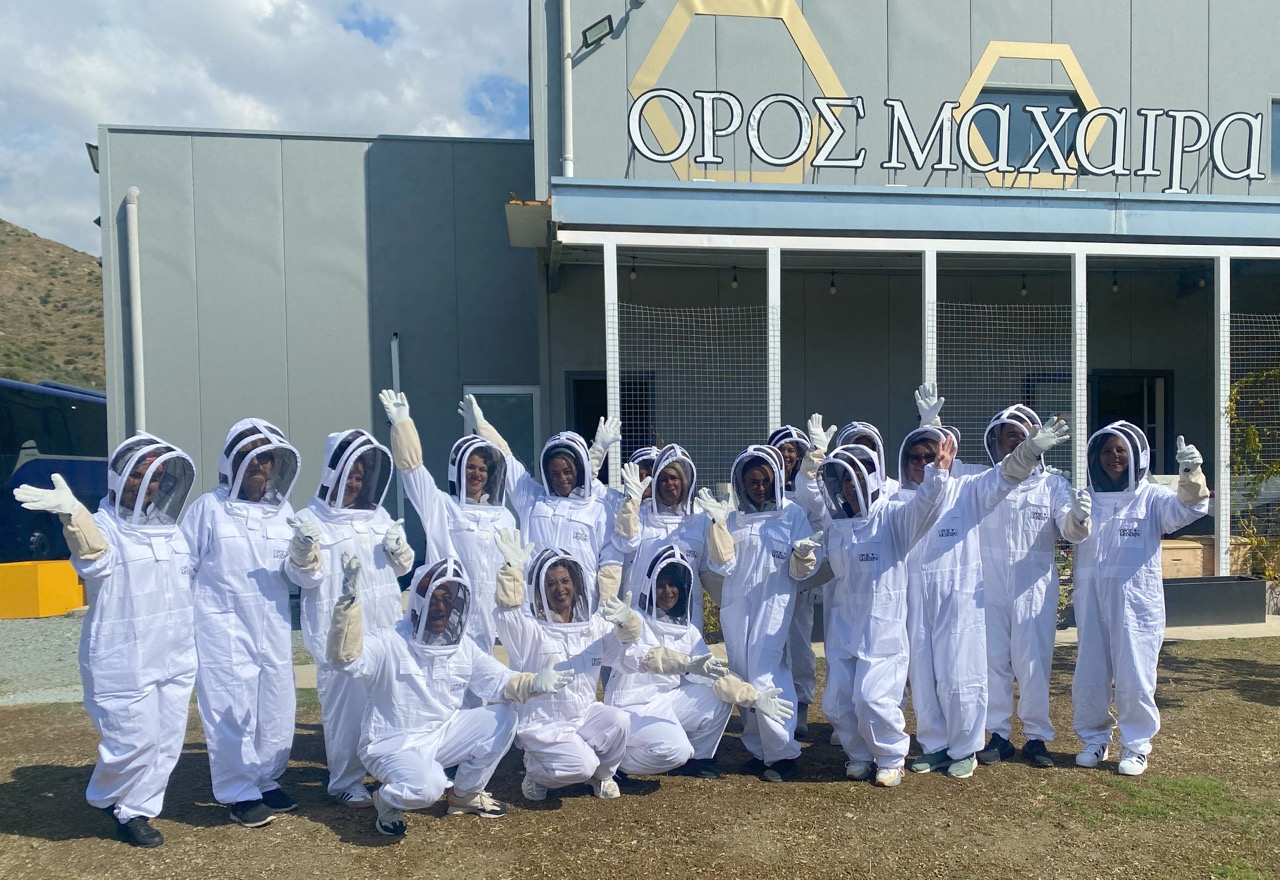
On the People pillar, will this new strategy be a tool to recruit people with values that align with the company?
Nuno Amaral: The Diversity Equity and Inclusion agenda is very important to us at ARI and also to daa. We also know that potential candidates look at companies closely to see what they stand for.
We also believe in doing the right thing. Within this, working with local communities is an important part of this. Al of this combined means that our staff turnover has reduced a lot since 2019, and this is a contributor.
Tracy Ross: People is probably the strongest pillar on which we already deliver. People are very passionate about supporting their local communities and communicating what they are doing.
Can you explain how you are rolling out this new strategy to teams and how do you expect them to buy in?
Nuno Amaral: We have ESG champions across all locations and they are responsible for driving the ESG agenda within this global framework.
But we also set the guidance centrally. We want to push and challenge our operations a little more this year to drive this agenda in a more assertive manner.
Tracy Ross: I am tasked with working with the champions on a monthly basis to ensure that they are moving ahead with the goals and if they are facing challenges, how can we support them at global level? We know that different regions are at different phases of development. So for example, waste management may be more challenging in one than another, depending on the infrastructure. We work with them to achieve the goals, but also respect the restrictions that they may have.
The other area of focus here is a global training module to roll out across operations, but filtered down to each department so it’s tailored to their role and area.
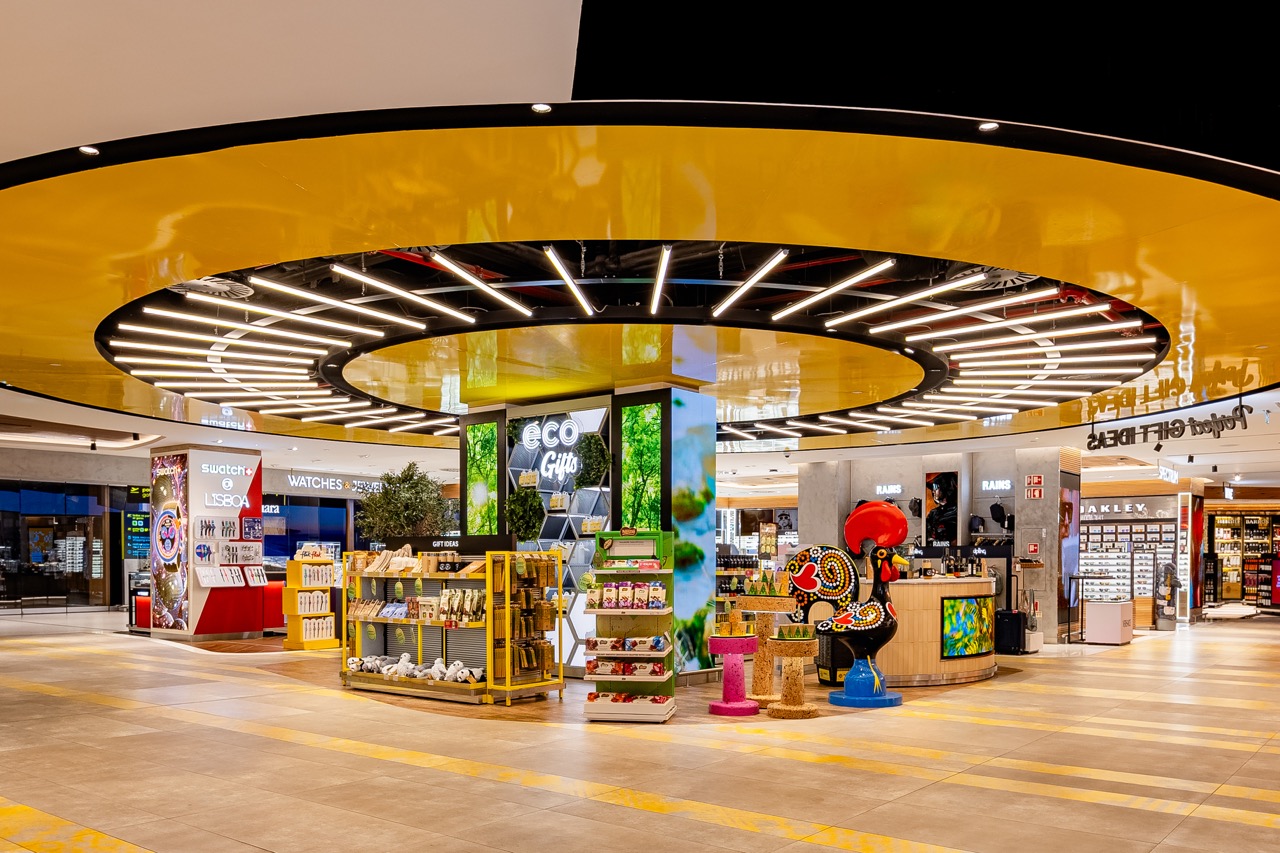
Given the breadth of things you can do, but can only achieve so much, how do you prioritise those areas of focus and investment?
Tracy Ross: When we were doing bids ten years ago the commercial cost of sustainable design was an issue but those costs have come down and it’s now an expectation that you build in a certain way. Today building materials and design requirements have sustainable certificates backing them up.
But it’s also true that if any pillar is challenged, it tends to be the environmental pillar because of the perceived commercial impact, especially when operations are coming out of post-COVID recovery.
Nuno Amaral: It’s a balancing act. We operate around the world with multiple types of agreements, many of them partnerships. In some places ESG is less prioritised at government or society level. But there are some things that are commonly understood and agreed upon, such as community outreach or social or charity volunteering.
It’s an interesting time and we know that in our industry everybody is trying to move forward. We as travel retailers even have these conversations at ETRC level in the context of European directives. We are all asking the brands about how we capture their CO2 emissions data, so reaching a common understanding of what this means makes sense.
Finally, that aspiration to be the most sustainable travel retailer sets a high bar given that other players are also setting out big ambitions in this space. What sets ARI apart?
Nuno Amaral: We have a strategy that is very balanced, one in which each of our pillars receives the same attention. It is about the planet, and we know how important that green focus is for airports, but it’s not just about planet. We give a lot of relevance to the people pillar, to product and to the passenger, working with our suppliers to drive this agenda.
I would also call out the fact that governance is not a pillar in itself for us, it straddles all four pillars, because it’s relevant to all of them.
Tracy, as someone who has worked with ARI a long time, how transformational do you see this strategy being for the company more widely?
It is huge. We always had a positive pillar around people even before there was an ESG strategy. The big changes have come in how we lay out and build stores, and the manner in which we are now communicating with the customer.
That means we are not only creating those dedicated zones and highlighting products with sustainable USPs, but it’s also saying to the customer, how can you join us on this journey? What is the solution that you are providing to the customer to make a conscious choice in what they purchase and consume? And in doing all of this, we have to ensure we are honest at all times with the customer. That is key. 









